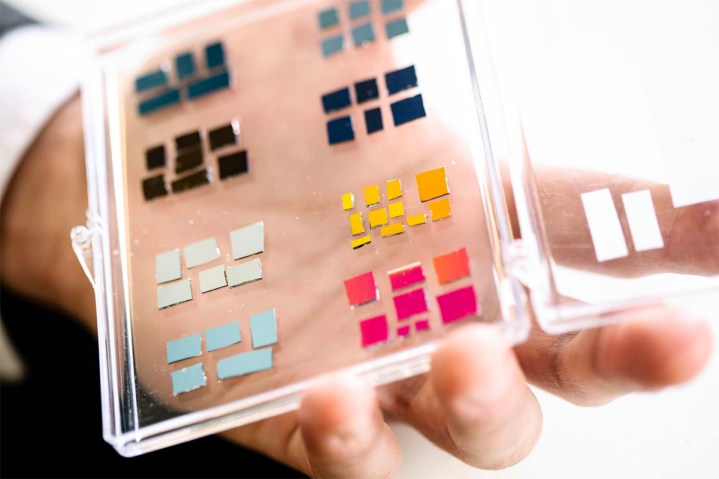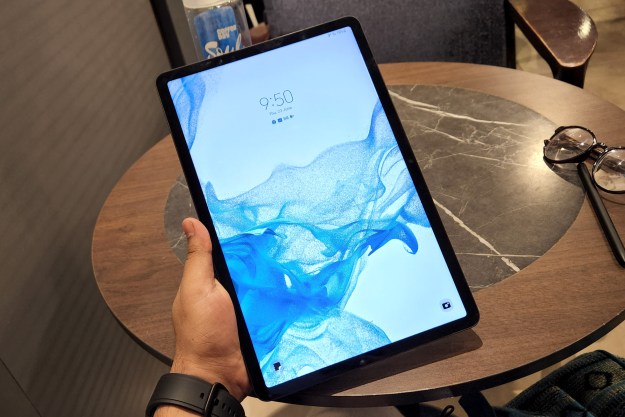
One of the biggest battery drains for a smartphone is its screen, which is why most people lower the brightness. But when you’re out in the sun, it’s hard to see what’s on the screen without turning the brightness back up, which will cost you precious battery life.
Bodle Technologies wants to change that. A spin-out from Oxford University, the company has created a new display that uses phase-change material, which draws nearly zero-power, while still offering a vivid display in direct sunlight. The technology pushes electrical pulses to transparent layers to achieve crisp viewing angles in bright sunlight.
Speaking to the Telegraph, Dr. Peiman Hosseini, founder of Bodle Technologies, said the screens can create a new market.
“You have to charge smartwatches every night, which is slowing adoption. But if you had a smartwatch or smart glass that didn’t need much power, you could recharge it just once a week,” he said.
The company is looking to commercialize the screens, which can be used for smart windows. The material can block infrared waves to keep buildings cool without the need for air-conditioning. However, Bodle is keeping quiet on which companies it’s in talks with to bring the product to market. The display would make a huge impact on the mobile industry if it cuts the energy required to power a smartphone screen. Cutting the amount of power a display uses would greatly affect the wearable market, too, as most smartwatches have to be charged every day or two. With this new tech, you may only need to charge your device every week.
The company has received a large amount of seed finance from the Oxford Sciences Innovation fund, according to the Telegraph, and Bodle expects to build prototypes within 12 months.
Editors' Recommendations
- Next-generation batteries could use material derived from trees
- Apple to replace faulty Smart Battery Cases for iPhone XS, XS Max, XR
- These smart batteries recharge in under 2 hours and outlast standard lithium-ion
- MacBook Pro catching fire? Apple issues safety recall for overheating batteries


